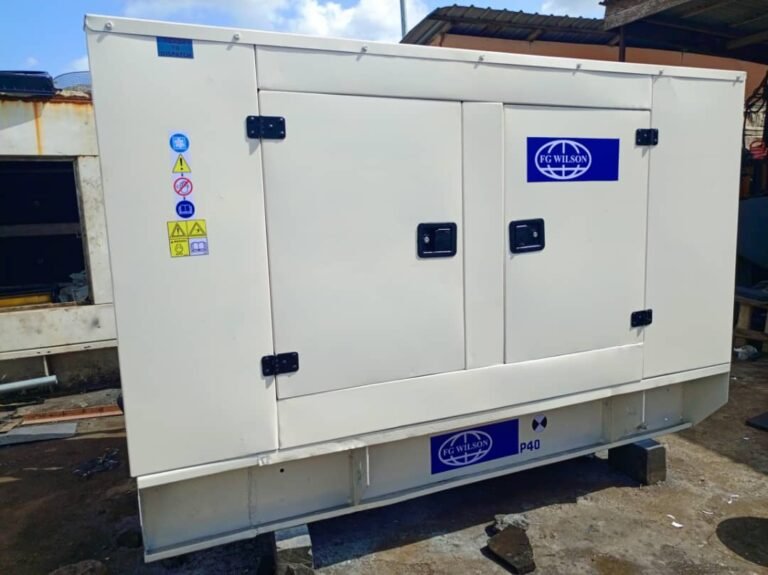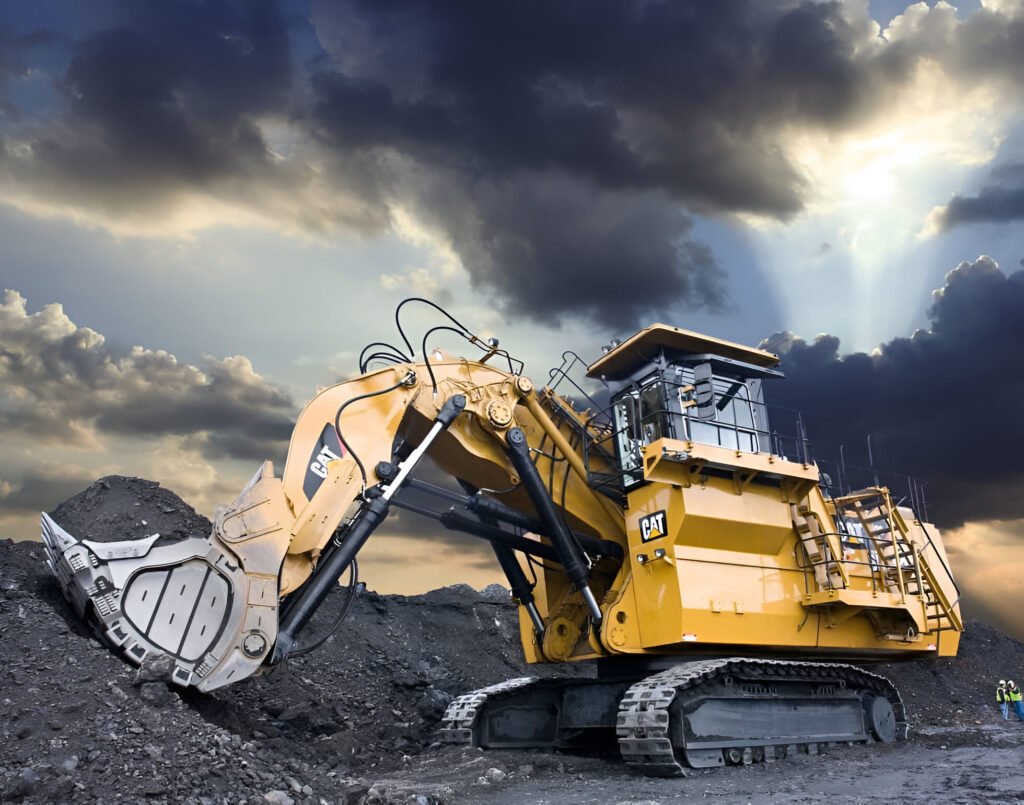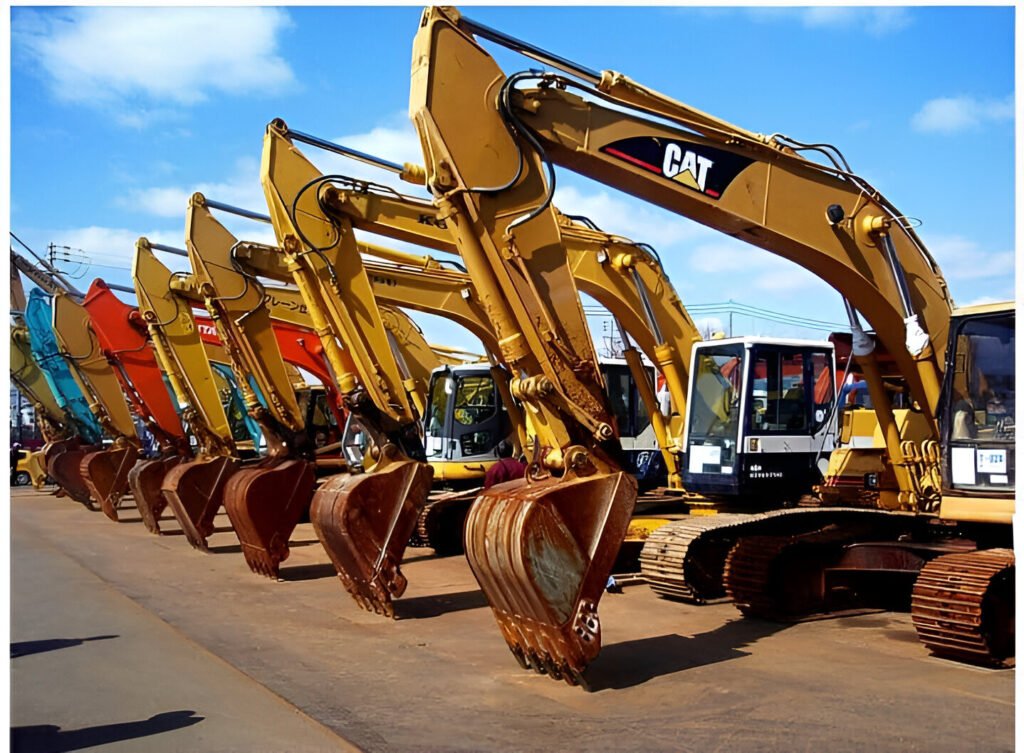There are four filters in your machines that you need to check on a regular basis to minimize wear and to keep your machine running at its best: engine oil filters, air filters, hydraulic and fuel filters.
Engine oil filters
This filter helps remove contaminants from your machine’s oil that can accumulate over time, as the oil keeps your engine clean. The problem is, over time contaminants build up in the filter and reduce its effectiveness. This process is especially common when you are operating in dirty and dusty environments or extreme weather conditions. As a rule of thumb, you should change the oil filter every time you change the oil as a preventive measure.
Air filters
This filter cleans the air that goes into the engine, catching particles that could damage internal engine parts. Over time the filter will become dirty or clogged, which restricts air flow and harms performance, because there isn’t enough air going into the engine.
There is no regular interval for changing the air filter; you need to change it when it reaches maximum restriction. In fact, even removing the filter to inspect it introduces far more dust and contaminants into the system than leaving it alone. Most modern machines have a sensor that indicates when the filter needs to be changed. If your machine notifies you that it is time to change the filter, then you should do it as soon as possible to prevent performance issues. Remove only the outer air filter, wipe down the inside of the housing using a damp cloth and then remove the inner filter. Never knock the dirt off or blow the dirt off and reuse any air filter.
Fuel filters
Fuel filters are designed to catch particles, debris, or impurities in the fuel tank before the fuel reaches the pump, to ensure only clean fuel reaches your engine. Like any filter, debris will clog it up over time and forces the fuel pump to work harder and less efficiently. When you accelerate, a starved engine uses a leaner fuel mixture and it loses power.
Hydraulic filter
Hydraulic filter is a component within a hydraulic system that removes damaging particulates by forcing hydraulic fluid through a porous filter element. The filter element catches contaminants and prevents them from re-entering the fluid flow and damaging other pieces of equipment further downstream.
It is important to periodically replace fuel filters to keep your fuel pump from over working and to maintain smooth engine operation. Check your owner’s manual to see how often the manufacturer recommends changing your machine’s filters.
Don’t take shortcuts
Putting off changing any of these filters or taking shortcuts, like pulling out the air filters and banging them against the machine in order to clean them, can have detrimental effects on your equipment. To keep everything running at its best, always change filters at the manufacturer’s recommended interval or when the sensors on your engine indicate it’s time for a filter replacement.
Recommended Intervals for filter change
Air filter should be changed every 90 days
Oil filter and fuel filters and Separators should be changed after every 200 hours
Hydraulic filters should be changed after every 1000 hours
Please note that this hours are not cut in stone. Once you see that the filters are clogged, it is due for change.
Signals Innovation
Your caterpillar spares parts plug.



